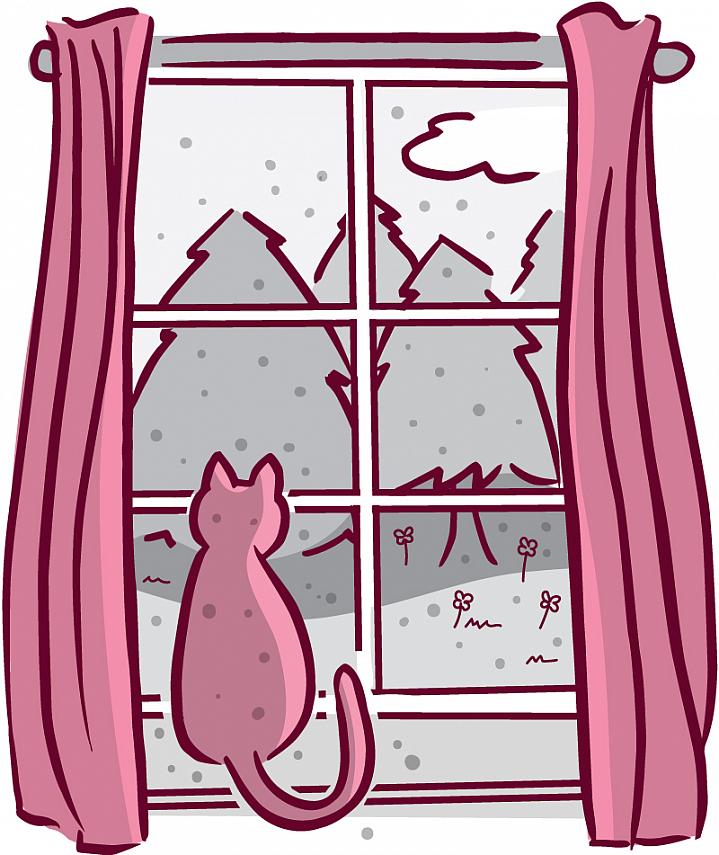We’ve got it all in the Allergy Relief section of our DVH ePharmacy. But first we learn more about allergies.
Allergy Relief; Finding Comfort During the Summer Season
Jun 08, 2023 / Post by by Andreas Kronqvist
Summer is a time of outdoor activities, vibrant landscapes, and enjoying the warmth of the sun. However, for many individuals, it also brings a wave of seasonal allergies. Pollen, grass, mold spores, and insect bites are common triggers during this time. If you find yourself battling with allergy symptoms, this blog post will provide insights into summer allergies, effective remedies, and tips to reduce allergy symptoms.

What Allergies Can You Get in Summer?
In the summer, several allergens can trigger allergic reactions, including:
Pollen Allergies: Pollen from grasses, trees, and weeds can cause hay fever (allergic rhinitis), leading to symptoms like sneezing, runny nose, itchy eyes, and congestion.
Mold Allergies: Warm and humid conditions during summer can lead to increased mold growth, triggering allergies. Mold spores can be found in damp areas, such as basements, bathrooms, and outdoor spaces.
Insect Allergies: Bee stings, wasp stings, and bites from mosquitoes or other insects can cause allergic reactions in some individuals. These reactions can range from mild irritation to severe anaphylaxis in rare cases.
How to Get Rid of Allergies in the Summer:
To alleviate summer allergy symptoms, try the following remedies:
Take Over-the-Counter Medications: Antihistamines, nasal sprays, and eye drops can help relieve common allergy symptoms such as sneezing, itching, and congestion. Consult with a healthcare professional for appropriate recommendations.
Keep Indoor Spaces Clean: Regularly clean your home to reduce allergens like dust mites, pet dander, and mold. Vacuum with a HEPA filter, use allergen-proof covers for bedding, and maintain proper ventilation to minimize allergen exposure.
Monitor Pollen Counts: Stay informed about local pollen forecasts. Limit outdoor activities on days when pollen counts are high, particularly during mid-morning and early evening when pollen levels are usually highest.
Create a Pollen-Free Zone: Designate certain areas of your home as pollen-free zones by keeping windows closed, using air purifiers, and removing shoes and outerwear before entering these areas.
Common Allergy Symptoms:
The following are seven common allergy symptoms:
Sneezing
Runny or stuffy nose
Itchy or watery eyes
Coughing
Wheezing or shortness of breath
Skin rash or hives
Fatigue or headache
The 10 Most Common Allergies:
The ten most common allergies include:
Pollen
Dust mites
Pet dander
Mold
Insect stings
Food allergies (such as peanuts, tree nuts, dairy, eggs, wheat, soy, fish, and shellfish)
Medications (such as penicillin)
Latex
Chemicals (such as those found in cleaning products or cosmetics)
Metals (such as nickel or cobalt)
Tips to Reduce Allergy Symptoms:
Keep windows closed to prevent allergens from entering your home.
Use high-efficiency air filters and consider investing in an air purifier.
Wash bedding regularly in hot water to eliminate dust mites.
Shower and change clothes after spending time outdoors to remove pollen from your body and clothes.
Avoid hanging laundry outside where it can collect pollen.
Wear sunglasses to protect your eyes from allergens.
Stay hydrated and consume a healthy diet to support your immune system. Read more